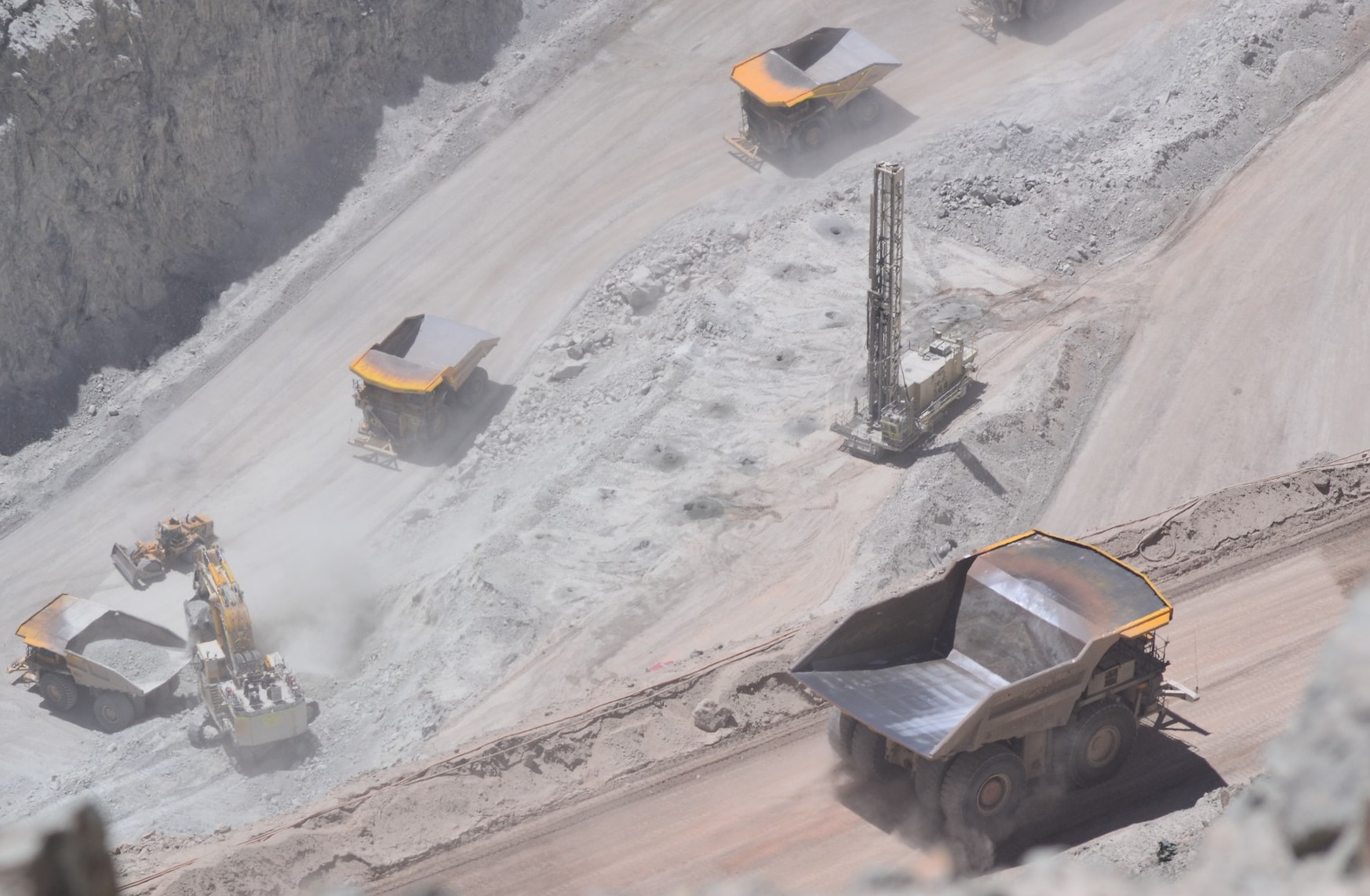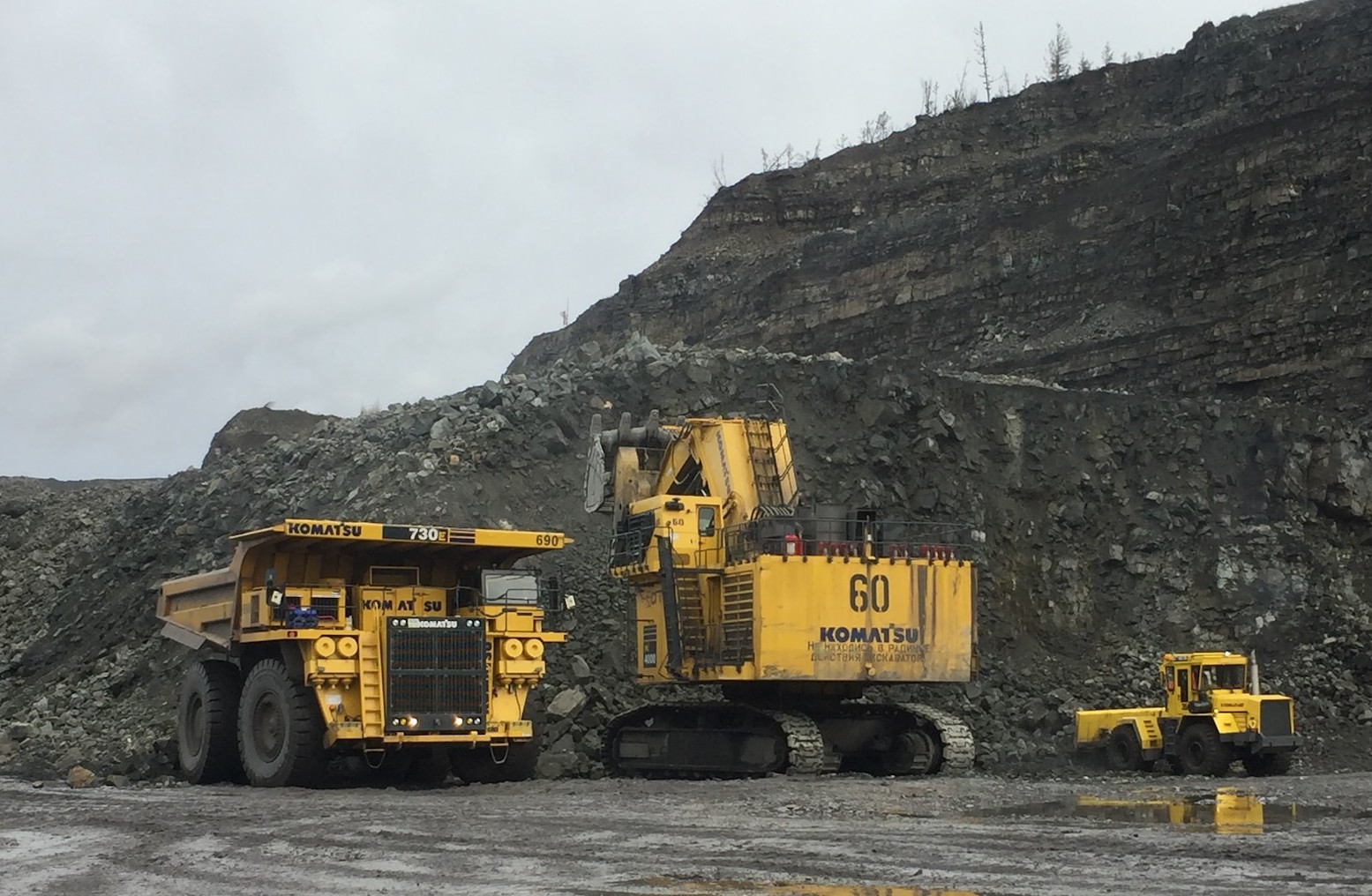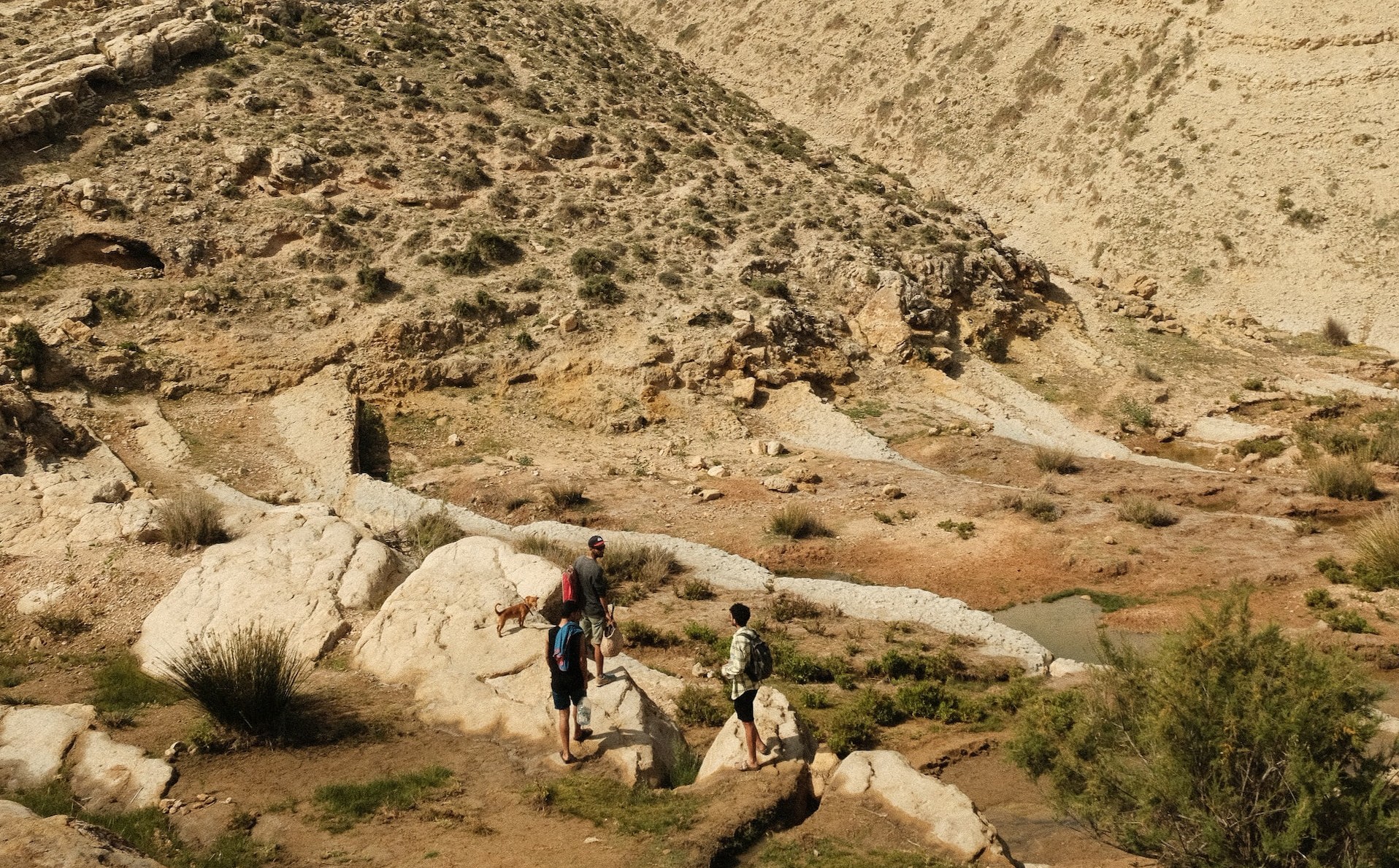Our Journey

2014
In September 2014, the media increasingly profiles Mui Basin as an area where coal exploration was set to kick off yet communities had no information of where they were to be relocated. NCCK, CJPC and Diakonia Sweden as organizations working in Kitui at the time support a rapid
assessment study to understand the issues of concern in the community. Community forums were organized to share the report and validate the issues analyzed.
A national conference was then organized in November 2014 bringing together communities, CBOs, CSOs and County government representatives from Kitui, Kwale, Kilifi, Taita-Taveta, Turkana, Kiambu, Migori, and Kakamega counties. The need for a consortium that has a grassroots presence as well as the capacity to influence national policies and processes led to the birth of Haki Madini Kenya.
2015
The coalition sought to have broad-based engagement in Mui basin-Kitui while breaking some ground in the other 6 counties (Kwale, Taita-Taveta, Kilifi, Turkana, Kakamega & Migori) and therefore on a pilot scale implemented the Madini yetu wajibu wetu project. Kenya Human Rights Commission joins the coalition leading to a sum of 9 organizations. The process of developing the coalition’s strategic plan and memorandum of understanding begins leading to a more organized engagement.


2016 to date
The Madini Yetu Wajibu Wetu project is implemented in 5 counties (Migori, Kakamega, Kitui, Taita-Taveta, Kwale & Elgeyo Marakwet) upon review of the pilot phase. HMK intentionally engages the Ministry of Mining and other coalitions in extractives for partnership.
HMK submits memoranda on the 5 mining regulations to the Ministry of Mining.
